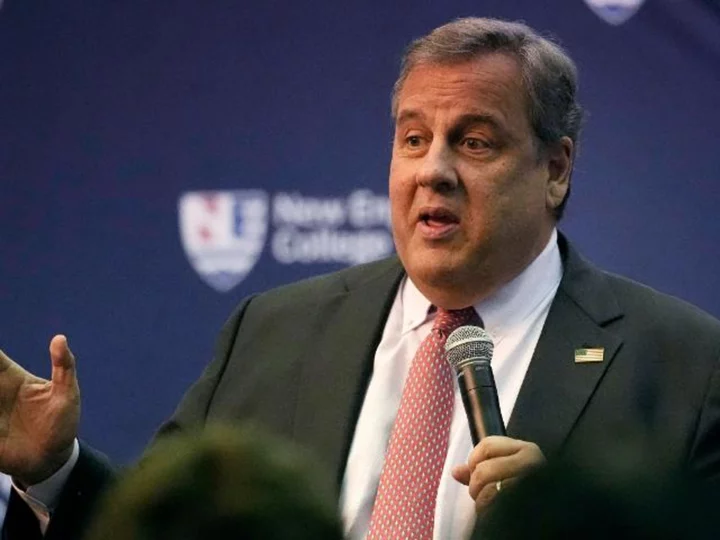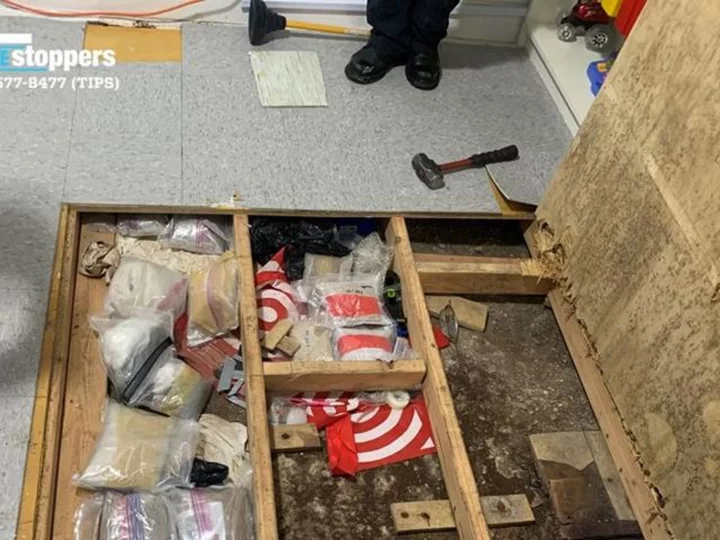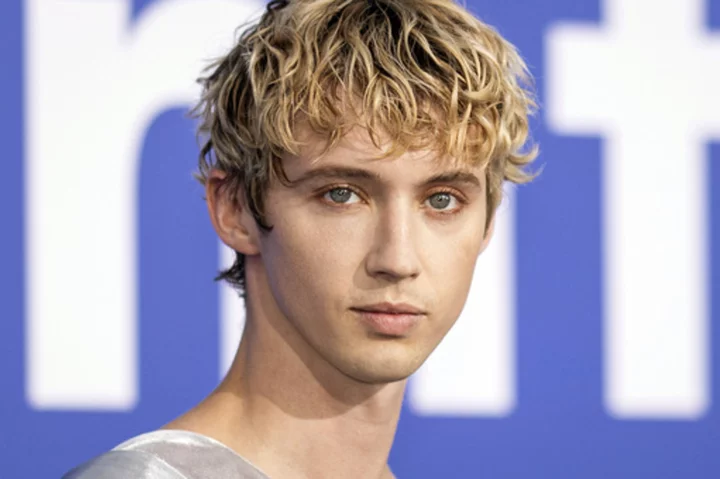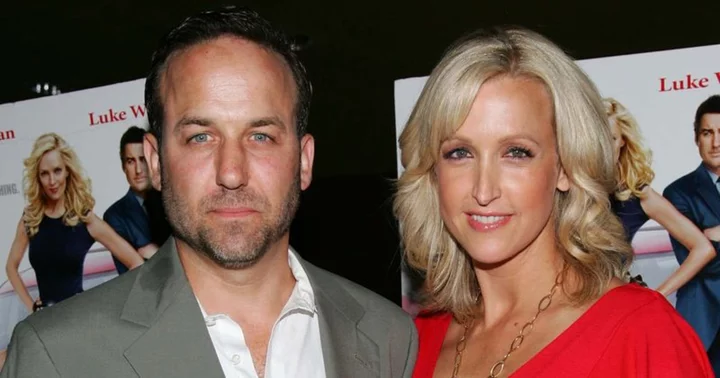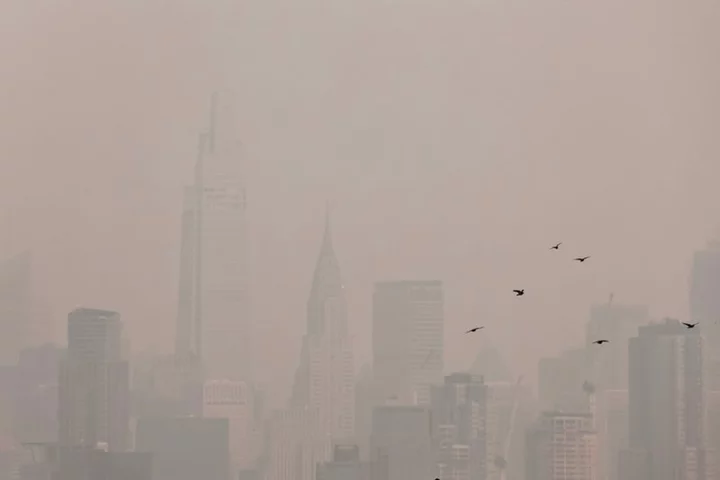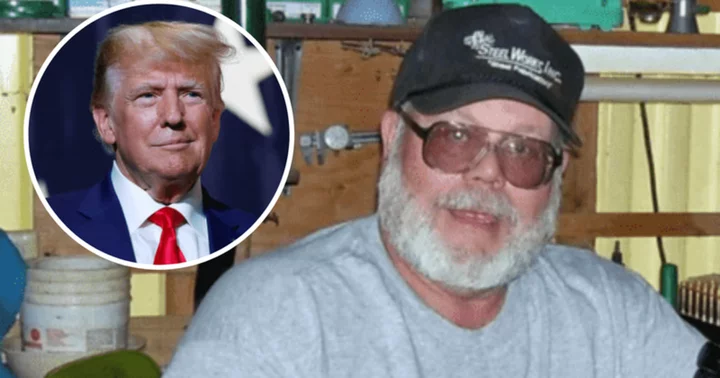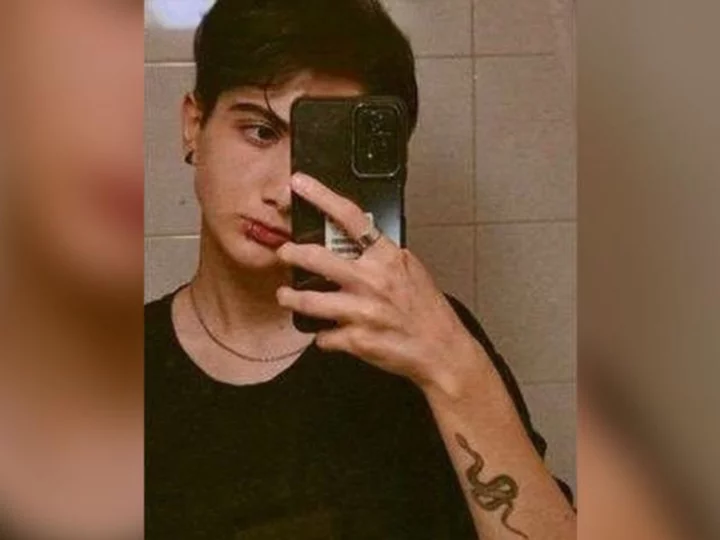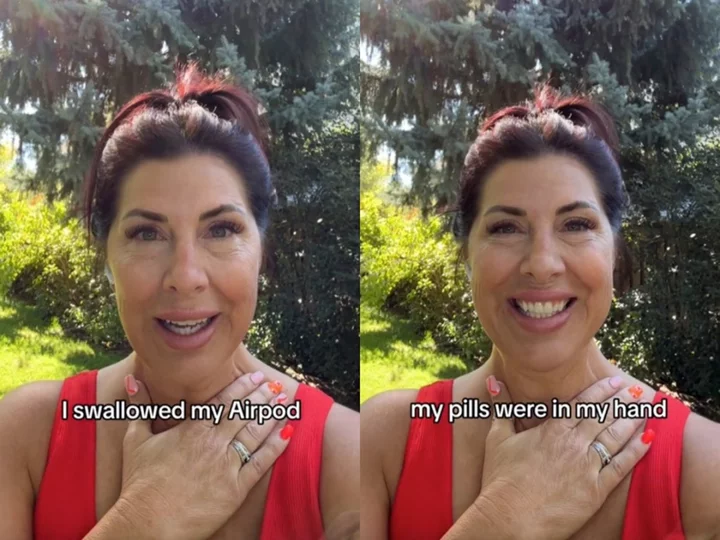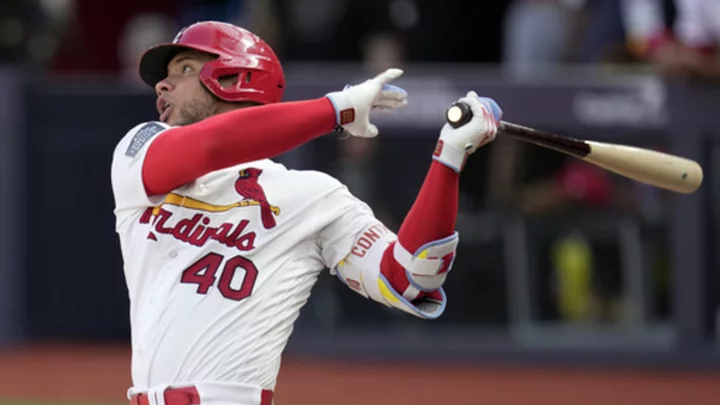Former New Jersey Gov. Chris Christie is set to enter the 2024 Republican presidential primary on Tuesday, launching his second bid for the White House and kicking off another clash with former President Donald Trump, the GOP frontrunner and a former Christie ally.
Christie's announcement comes a day after fellow GOP moderate Chris Sununu, the governor of New Hampshire, opted against running and less than 24 hours before former Vice President Mike Pence officially enters the race. Like in 2016, Christie will seek to appeal to more traditionally conservative, establishment-friendly Republicans -- and hope that he can emerge as a foil to Trump and Florida Gov. Ron DeSantis in a rapidly growing field.
Besides those two, others who have already announced bids include former South Carolina Gov. Nikki Haley, former Arkansas Gov. Asa Hutchinson and South Carolina Sen. Tim Scott. Pence, who has filed paperwork to run, and North Dakota Gov. Doug Burgum are expected to join the crowd on Wednesday.
As CNN has previously reported, Christie believes he is best-positioned to take on Trump in the primary while also appealing to independents in a potential general election showdown with President Joe Biden. He begins his bid with the support of a new super PAC, called "Tell It Like It Is," formed by allies in anticipation of his campaign.
Christie's flirtation with presidential politics began in 2011, when he considered running in a primary to take on then-President Barack Obama a year later. He demurred, then saw his standing with Republicans sag ahead of 2016. His 2016 campaign was short-lived and most memorable for Christie's mocking evisceration of Florida Sen. Marco Rubio in a February debate.
Both would eventually drop out -- Christie after he finished sixth in the New Hampshire primary -- and endorse Trump.
But Christie went a step further.
He helmed Trump's transition team -- though his work was eventually trashed and Christie himself sidelined days after the election -- and later on became a close adviser to the former president. He was floated as a potential appointment to a number of administration jobs, though none ever materialized. He even participated in mock debates with Trump in 2020. (Christie has said he believes he contracted Covid-19 from Trump, who did not disclose a positive test result, during one of those sessions.)
Following Trump's defeat and subsequent attempt to overturn the 2020 election, Christie turned on him and sought to establish himself as one of Trump's chief Republican critics.
"We keep losing and losing and losing," Christie said at the Republican Jewish Coalition's annual leadership conference late last year. "The reason we're losing is because Donald Trump has put himself before everybody else."
He also has said that Trump "incited" the January 6, 2021, insurrection at the US Capitol "in an effort to intimidate Mike Pence and the Congress into doing exactly what he said in his own words last week: overturn the election."
In an interview with Axios this year, he vowed never to support Trump again.
"I can't help him," Christie said. "No way."
Christie was first elected New Jersey governor in 2009, unseating Democratic incumbent Jon Corzine. He easily won reelection in the blue state in 2013. He served as US attorney for New Jersey from 2002 to 2008, a period in which he successfully prosecuted the father of Trump's son-in-law and former aide Jared Kushner on criminal tax evasion and witness tampering charges.
Christie himself was engulfed in the "Bridgegate" scandal during his second term as governor. Emails and texts from top aides showed that the George Washington Bridge lane closures in September 2013, which caused massive traffic jams, stemmed from a political vendetta after the town's Democratic mayor declined to endorse Christie's gubernatorial reelection.
A federal investigation determined that Christie had no knowledge of the decision to close the lanes, but the scandal continued to follow the former governor.

